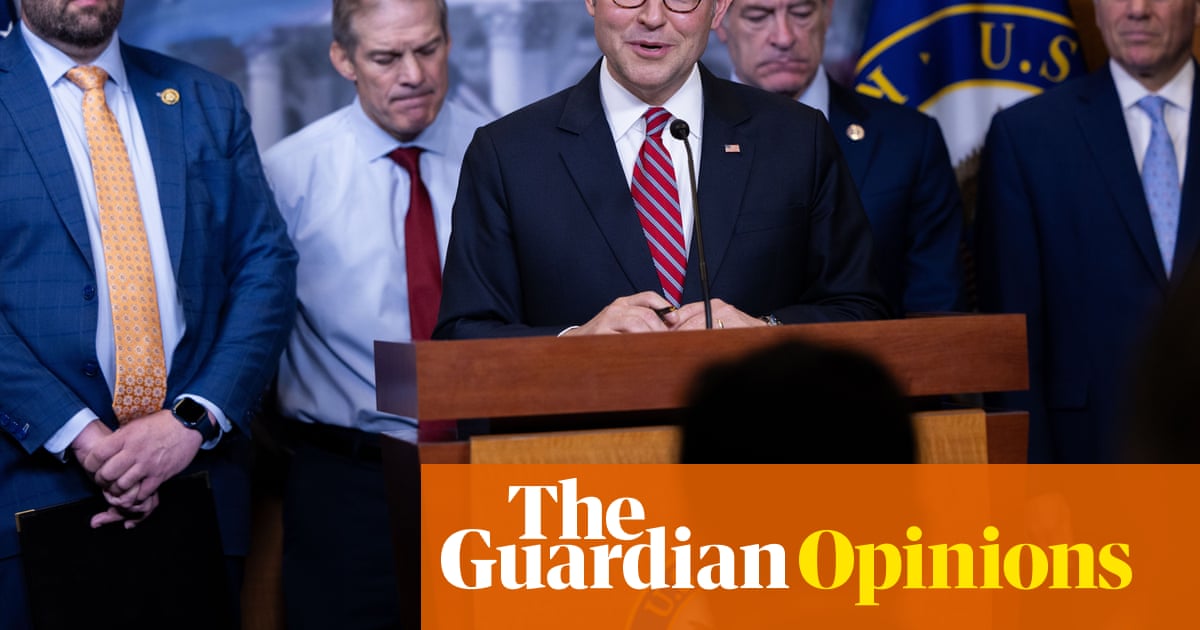On Friday, thecredit rating of the United States was downgraded. Moody’s, the ratings firm, announced that the government’s rising debt levels would grow further if theTrumpRepublican package of new tax cuts were enacted. This makes lending to the US riskier.
Moody’s is the third of the three major credit-rating agencies to downgrade the credit rating of the United States.
So-called “bond vigilantes” have already been selling the US government’s debt, as the Republican tax package moves through Congress. They’re expected to sell even more, driving long-term interest rates even higher to make up for the growing risk of holding US debt.
Some rightwingRepublicansin Congress are using the Moody’s downgrade to justify deeper spending cuts in Medicaid, food stamps and other social programs that lower-income Americans depend on.
But, hello? There’s a far easier way to reduce the federal debt. Just end the Trump tax cuts that mainly benefit the wealthy and big corporations – and insteadraisetaxes on them.
I’m old enough to remember when the US’s super-rich financed the government with their tax payments. Under Dwight Eisenhower – hardly a leftwing radical – the highest marginal tax rate was 91%. (Even after all tax credits and deductions were figured in, the super-rich paid way over half their top marginal incomes in taxes.)
But since the Reagan, George W Bush and Trump 1 tax cuts, tax rates on the super-rich have plummeted.
So instead of financing the government with their taxes, the super-rich have been financing the US government bylending it money.
(You may have heard that the US’s debt is held mainly by foreigners. Wrong.More than 70%of it is held byAmericans– and most of them are wealthy.)
This means that an ever-increasing portion of the taxes from therestof us are dedicated to paying ever-increasing interest payments on the debt – payments that go largely to the super-rich.
So when the debt of the United States is downgraded because Trump Republicans are planning another big tax cut mainly benefiting the rich and big corporations, most Americans could end up paying in three different ways:
They’ll pay evenmoreinterest on the growing debt – to the super-rich.
They’ll pay higher interest rates on all other long-term debt. (As higher rates on treasury bonds waft through the economy, they raise borrowing costs on everything from mortgages to auto loans.)
The debt crisis will give Republicans even more excuse to do what they’re always wanting to do: slash safety nets. So many Americans could lose benefits they rely on, such asMedicaidand food stamps.
The “bond vigilantes” are not the cause of this absurdity. Neither is Moody’s or the other credit-rating agencies. Nor, for that matter, is the growing national debt.
What’s the underlying cause? Just follow the money. It’s the growing political power of the super-rich and big corporations to lower their taxes at the expense of most Americans.
Robert Reich, a former US secretary of labor, is a professor of public policy emeritus at the University of California, Berkeley. He is a Guardian US columnist. His newsletter is atrobertreich.substack.com
